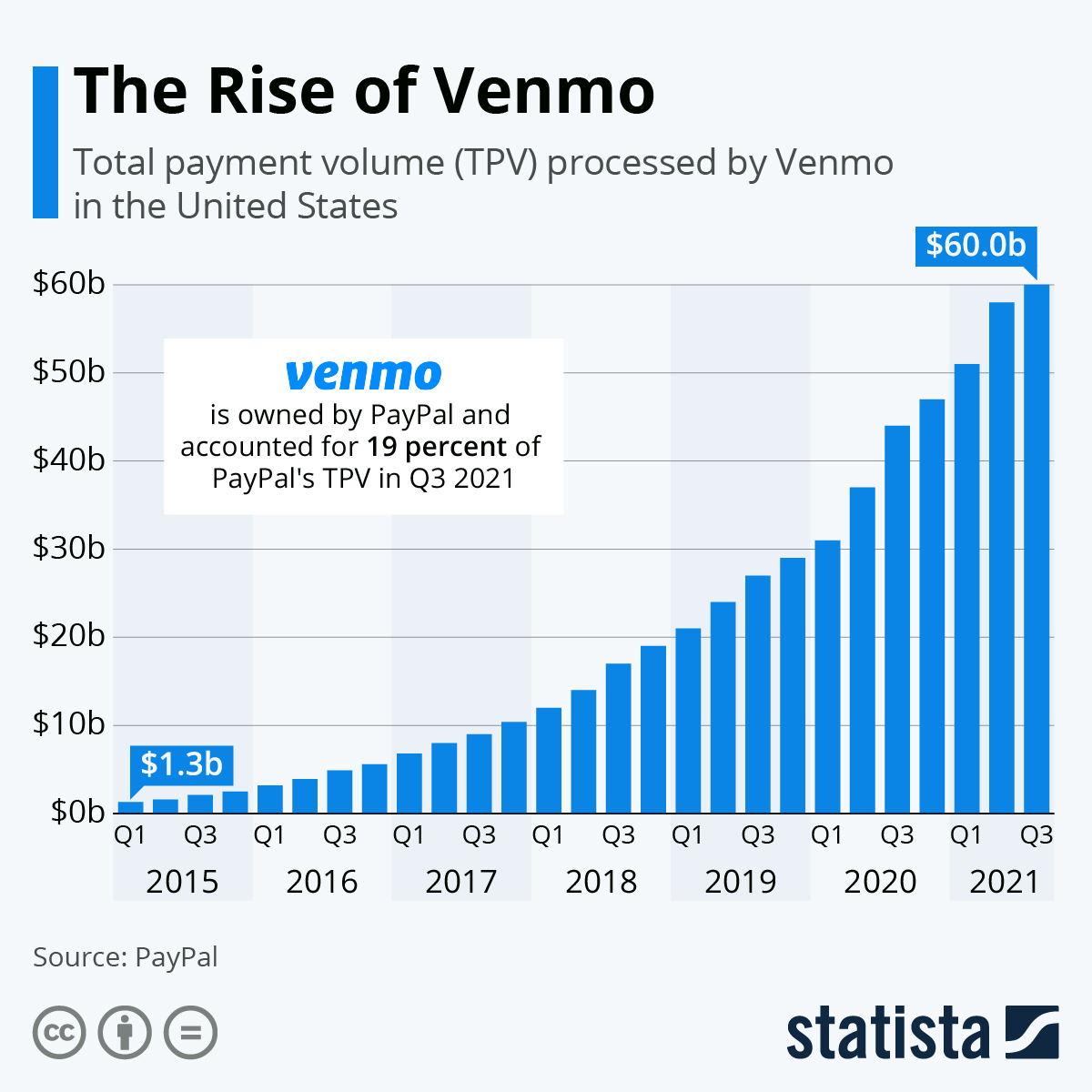Does Venmo 1099 reporting affect you? If you're using Venmo for business transactions or earning income through the platform, understanding how it handles tax reporting is crucial. Many users are unaware of the tax implications tied to their Venmo activities, especially when it comes to IRS Form 1099. This form is used to report income to the IRS, and Venmo’s policies regarding it have been a topic of confusion for many. Whether you're a freelancer, small business owner, or someone who frequently receives payments through Venmo, knowing how the platform interacts with tax reporting can save you from potential headaches during tax season.
Venmo, a popular peer-to-peer payment app, is primarily designed for personal transactions between friends and family. However, as its usage has expanded, so have the questions surrounding its tax obligations. The IRS requires platforms like Venmo to report certain transactions to ensure compliance with tax laws. While Venmo itself doesn’t send 1099 forms to users, it does share information with the IRS under specific circumstances. Understanding these nuances can help you stay compliant and avoid penalties.
In this article, we’ll explore everything you need to know about Venmo’s policies regarding 1099 reporting. From answering common questions like "Does Venmo 1099 reporting apply to me?" to providing actionable steps to ensure your financial activities align with IRS guidelines, we’ve got you covered. Let’s dive in and demystify this often-misunderstood topic.
Read also:Fidelity Puritan Review A Comprehensive Guide To Maximizing Your Investment
- What Is a 1099 Form and How Does It Relate to Venmo?
- Does Venmo 1099 Reporting Affect Personal Transactions?
- When Does Venmo Report to the IRS?
- How to Track Your Venmo Transactions for Tax Purposes
- What Happens If You Don’t Report Venmo Income?
- Venmo’s Role in Tax Compliance
- Common Misconceptions About Venmo and Taxes
- Steps to Ensure You’re Compliant with Venmo Tax Rules
- How to Contact Venmo for Tax-Related Questions
- Final Thoughts on Venmo and Tax Reporting
What Is a 1099 Form and How Does It Relate to Venmo?
A 1099 form is a series of documents used by businesses and individuals to report various types of income to the IRS. The most common type is the 1099-NEC, which reports payments made to independent contractors or freelancers. Other variations, such as the 1099-K, are used to report income from payment card transactions or third-party payment networks like Venmo.
While Venmo doesn’t issue 1099 forms directly to users, it does comply with IRS regulations by reporting certain transactions. Specifically, if you receive more than $20,000 in payments and have over 200 transactions in a calendar year, Venmo is required to file a 1099-K form with the IRS. This threshold ensures that only significant business activities are reported, leaving personal transactions largely unaffected.
Does Venmo 1099 Reporting Affect Personal Transactions?
If you’re using Venmo solely for personal purposes, such as splitting bills with friends or sending money to family members, you generally don’t need to worry about 1099 reporting. The IRS distinguishes between personal and business transactions, and Venmo adheres to these guidelines. However, if you’re using Venmo to accept payments for goods or services, those transactions may fall under the scope of 1099 reporting.
For example, if you’re a freelancer who invoices clients through Venmo, those payments could be considered taxable income. It’s essential to keep accurate records of all business-related transactions to ensure you’re prepared come tax season.
When Does Venmo Report to the IRS?
Venmo reports to the IRS when a user exceeds the $20,000 and 200-transaction threshold mentioned earlier. This reporting is done using the 1099-K form, which includes details about the total amount of payments processed through the platform. If you meet these criteria, Venmo will send you a copy of the form, which you must include with your tax return.
How to Track Your Venmo Transactions for Tax Purposes
Tracking your Venmo transactions is crucial for staying compliant with tax laws. Here are some tips to help you manage your records effectively:
Read also:Unlock The Best Black Friday Babbel Deals For Language Learners
- Use Venmo’s transaction history feature to review all incoming and outgoing payments.
- Categorize transactions as personal or business-related to simplify reporting.
- Export your transaction history periodically and store it securely for future reference.
- Consult with a tax professional to ensure your records align with IRS requirements.
What Happens If You Don’t Report Venmo Income?
Failing to report income received through Venmo can lead to serious consequences. The IRS has access to the information Venmo reports, and discrepancies between your tax return and their records can trigger audits or penalties. It’s always better to err on the side of caution and report all taxable income, no matter how small.
Does Venmo 1099 Reporting Apply to All Users?
Not all Venmo users are subject to 1099 reporting. As mentioned earlier, only those who exceed the $20,000 and 200-transaction threshold will receive a 1099-K form. However, even if you don’t meet these criteria, it’s still your responsibility to report any taxable income earned through the platform.
Venmo’s Role in Tax Compliance
Venmo plays a vital role in ensuring tax compliance by adhering to IRS regulations. The platform collects and reports transaction data for users who meet the reporting thresholds, helping the IRS track taxable income. While Venmo provides tools to help users manage their transactions, the ultimate responsibility for accurate reporting lies with the individual.
Common Misconceptions About Venmo and Taxes
Many users mistakenly believe that Venmo transactions are tax-free or that the platform handles all tax-related matters. These misconceptions can lead to costly mistakes. To clarify:
- Venmo doesn’t automatically issue 1099 forms unless you meet the reporting thresholds.
- Personal transactions are generally not taxable, but business-related payments are.
- You are responsible for reporting all taxable income, regardless of whether Venmo issues a 1099.
How to Contact Venmo for Tax-Related Questions?
If you have questions about Venmo’s tax policies or need assistance with your account, you can contact their customer support team. While Venmo doesn’t provide tax advice, they can help clarify their reporting procedures and address any concerns you may have.
Steps to Ensure You’re Compliant with Venmo Tax Rules
Staying compliant with Venmo’s tax rules requires proactive measures. Follow these steps to ensure you’re on the right track:
- Keep detailed records of all transactions, including dates, amounts, and purposes.
- Separate personal and business transactions to simplify reporting.
- Monitor your transaction volume to determine if you meet the 1099-K reporting thresholds.
- Consult a tax professional for guidance on reporting Venmo income.
Final Thoughts on Venmo and Tax Reporting
Understanding how Venmo interacts with tax reporting is essential for anyone using the platform for business purposes. While Venmo’s policies regarding 1099 forms may seem complex, staying informed and organized can help you navigate the process with confidence. Remember, does Venmo 1099 reporting apply to you? If you’re earning income through the app, the answer is likely yes. By taking the necessary steps to track and report your transactions, you can ensure compliance and avoid potential penalties.

